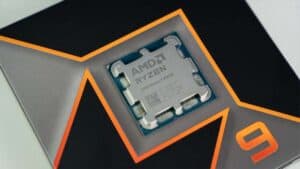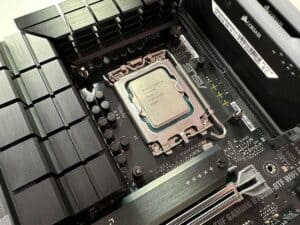What CPU is equivalent to 5700X?
A couple of alternatives to the 5700X
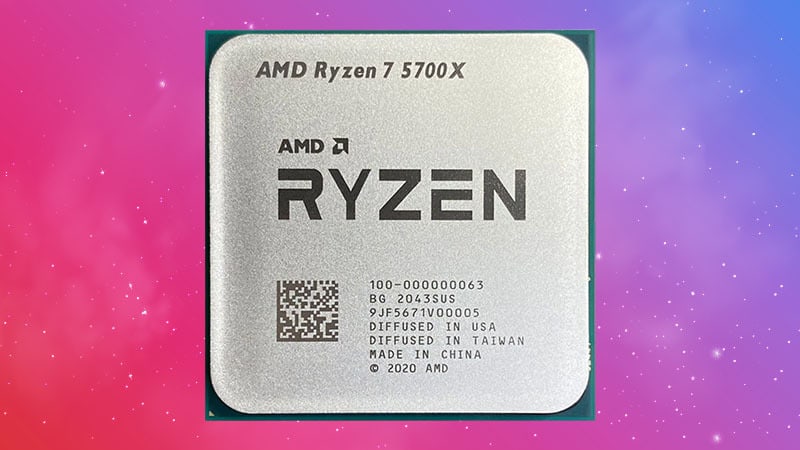
WePC is reader-supported. When you buy through links on our site, we may earn an affiliate commission. Prices subject to change. Learn more
The Ryzen 7 5700X was released in April 2022, along with a few other processors, to complement the Ryzen 5000 lineup and to address some of the complaints being received by existing processors in the lineup. Let’s take a look at what CPU is equivalent to the 5700X.
While the 5700X is a solid processor, you may be looking for alternatives if you can’t get your hands on it. Or, you may be looking for an option from Intel to save a few bucks on the motherboard. Either way, we have options for you.
AMD Ryzen 7 5700X specifications
AMD Ryzen 7 5700X
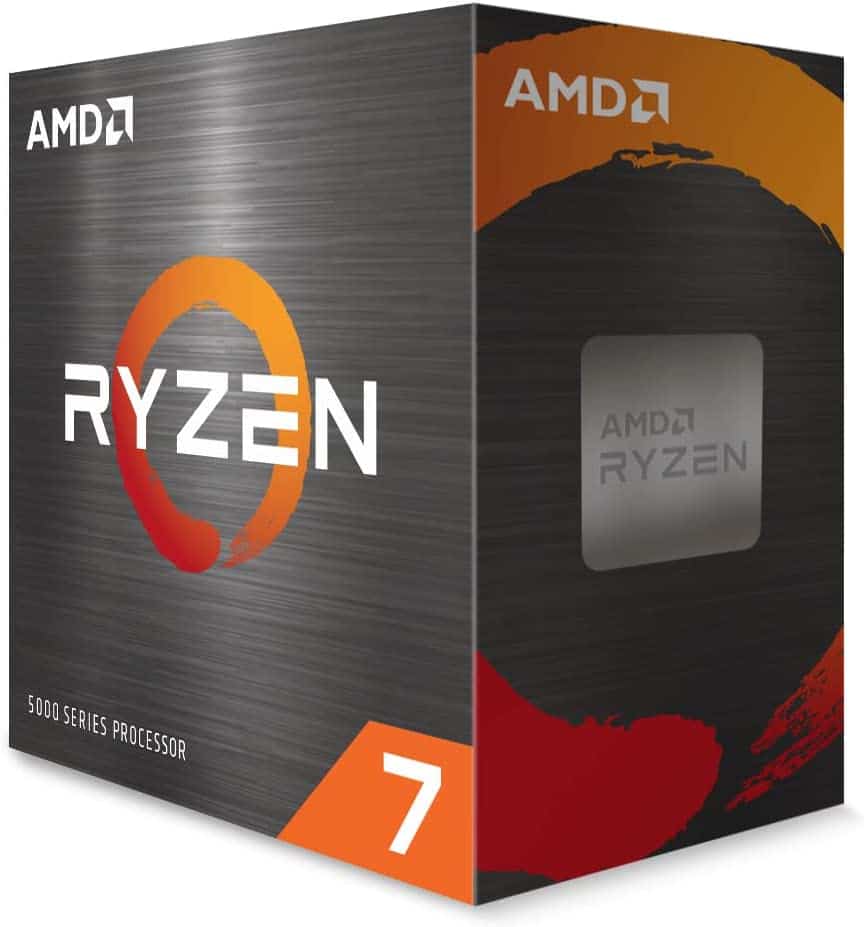
Speed
3.4 GHz / 4.6 GHz
Core (Threads)
8 (16)
Socket
AM4
TDP
65W
The Ryzen 7 5700X has the following specs.
- Architecture: Zen 3
- Cores: 8
- Threads: 16
- Base Clock: 3.4 GHz
- Boost Clock: 4.6 GHz
- TDP: 65W
These are robust specs overall, and there’s nothing particularly remarkable here. The boost clock of 4.6GHz is slightly below modern standards when you consider that most new processors these days have max clocks of above 5GHz, but it’ll do fine in mid-range gaming, which is largely the intended use case for the 5700X processor.
It’s worth noting that the processor has a minimal 65-watt TDP, making for some very nice power efficiency.
What CPU is equivalent to the Ryzen 7 5700X?
According to the specs above and some real-world benchmarks, the CPU closest in performance to the Ryzen 7 5700X is actually its elder brother, the Ryzen 7 5800X.
Ryzen 7 5800X
AMD Ryzen 7 5800X
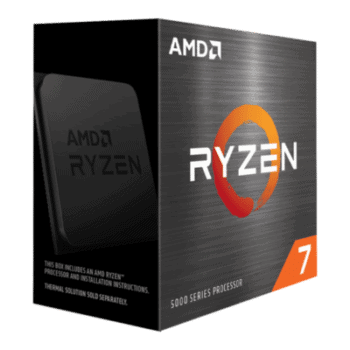
Speed
3.8GHz/ 4.7GHz
Core (Threads)
8/16
Socket
AM4
TDP
105W
Believe it or not, the 5700X and 5800X have a very minimal performance difference, so much so that it’s practically negligible. You can find an in-depth comparison of the two processors here, but to give you the short version, the 5700X is really just an ever-so-slightly toned-down version of the 5800X.
Both processors have 8 cores, 16 threads, and 32MBs of L3 cache. The 5700X has a maximum clock speed of 4.6GHz, whereas the 5800X has a 4.7GHz max clock.
That’s a 0.1GHz difference that allows the 5800X to edge out in overall performance, but the practical difference is hardly felt.
The Ryzen 7 5800X has a 105-watt TDP. That’s considerably higher than the 65-watt TDP featured by the 5700X, but only for a nearly negligible boost in performance. Between the two of these CPUs, the 5700X is the better option.
Intel Core i9 11900
Intel Core i9-11900
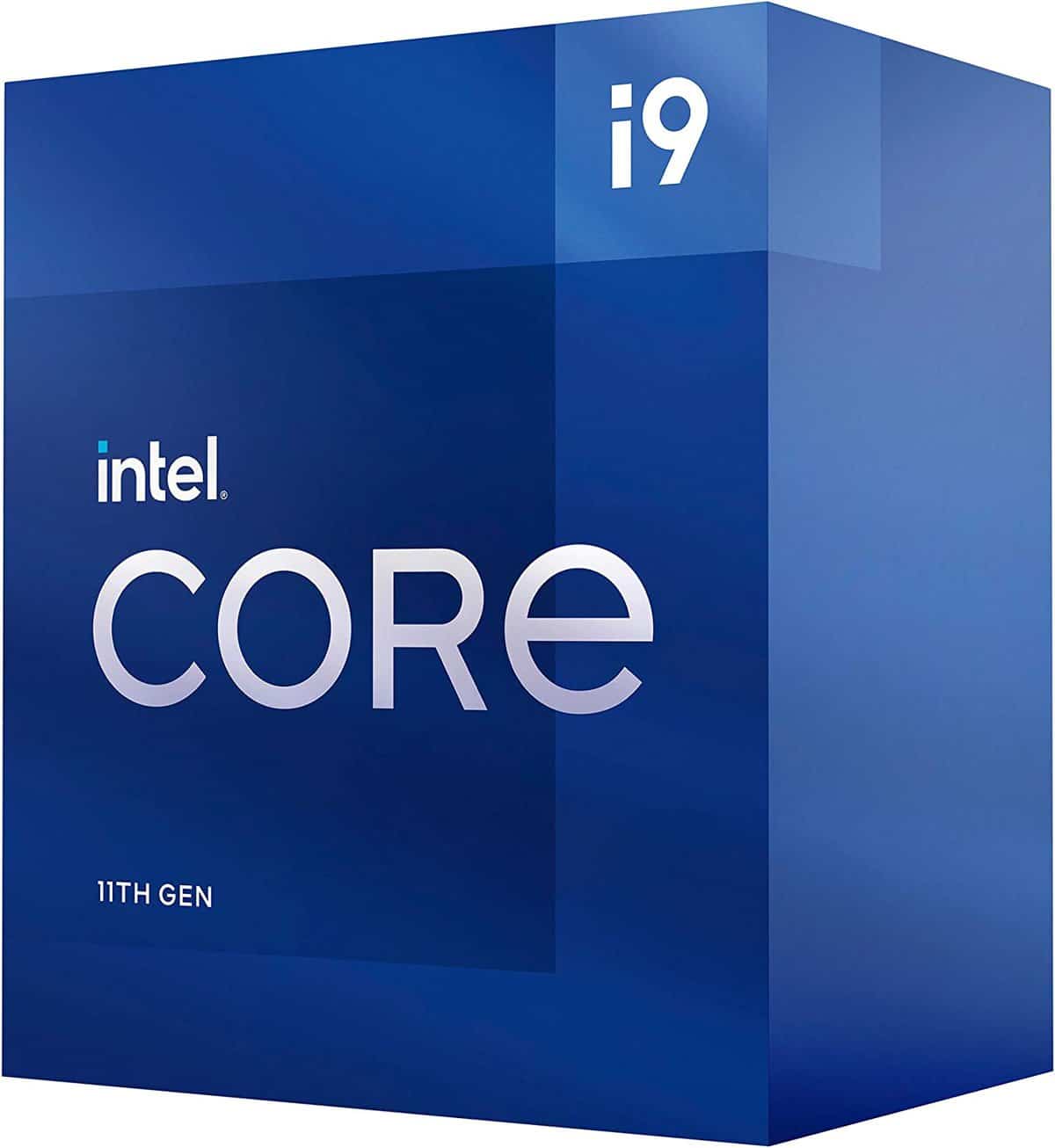
Speed
2.5 GHz / 5.2 GHz
Core (Threads)
8 (16)
Socket
LGA 1200
TDP
65W
Now, while the 5800X is the closest equivalent to the 5700X due to the various differences that usually exist between Ryzen and Intel Core processors of the same generation, we do have an option for you if you’re looking for something from Intel.
The Intel Core i9-11900 CPU is an 8-core, 16-thread processor. You would expect an i9 processor to pack more threads, but Intel focused more on single-core performance and power efficiency with their 11th-generation release.
The 11900 has an impressive 5.2GHz max clock speed, giving it impressive single-core performance. The 600MHz difference between it and the 5700X is substantial but somewhat compensated for by the latter’s higher 32MB cache. The 11900 only has a 16MB cache.
You can expect the i9-11900 to offer you slightly better single-core performance than the 5700X, but it will also likely cost you a bit more.



